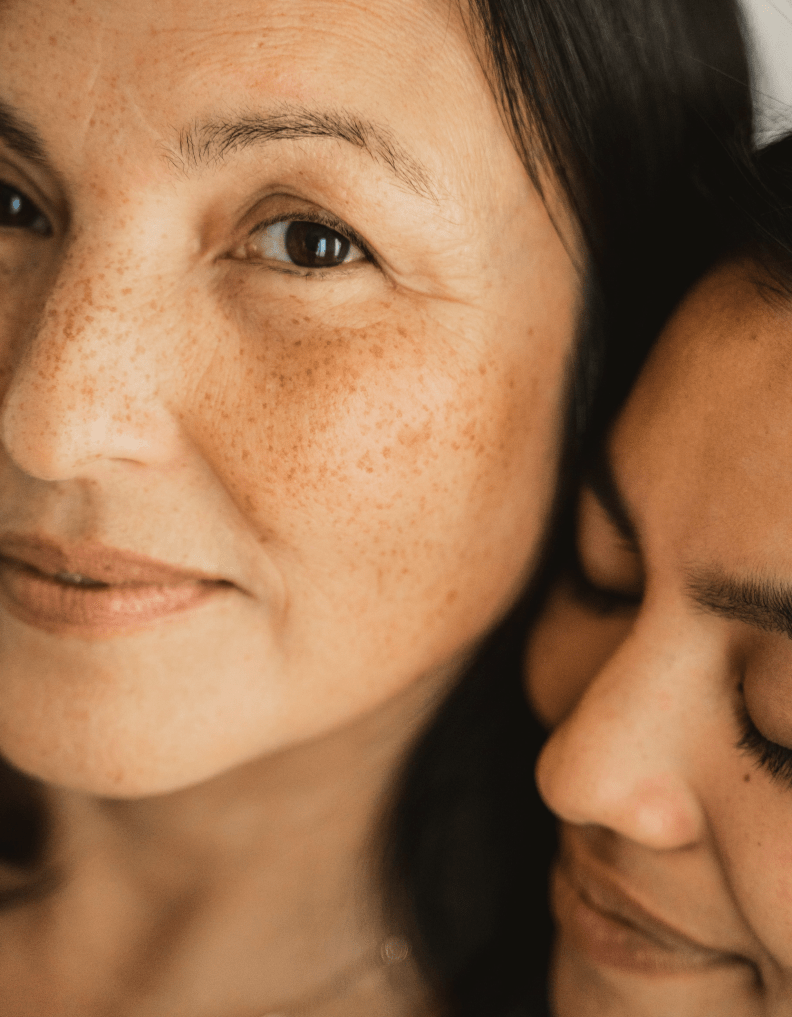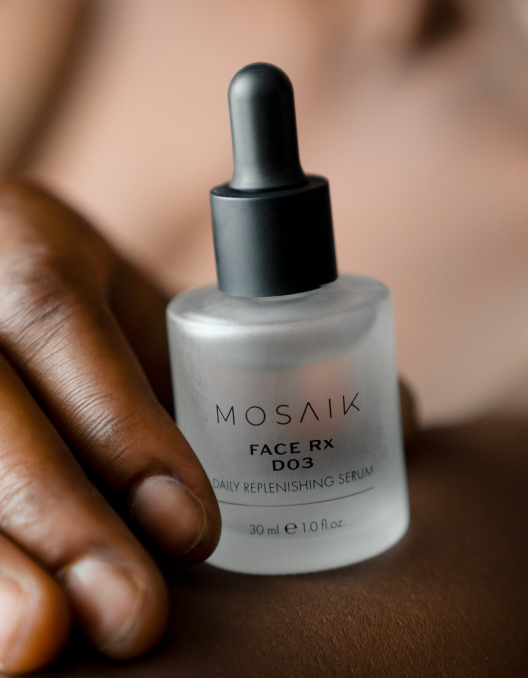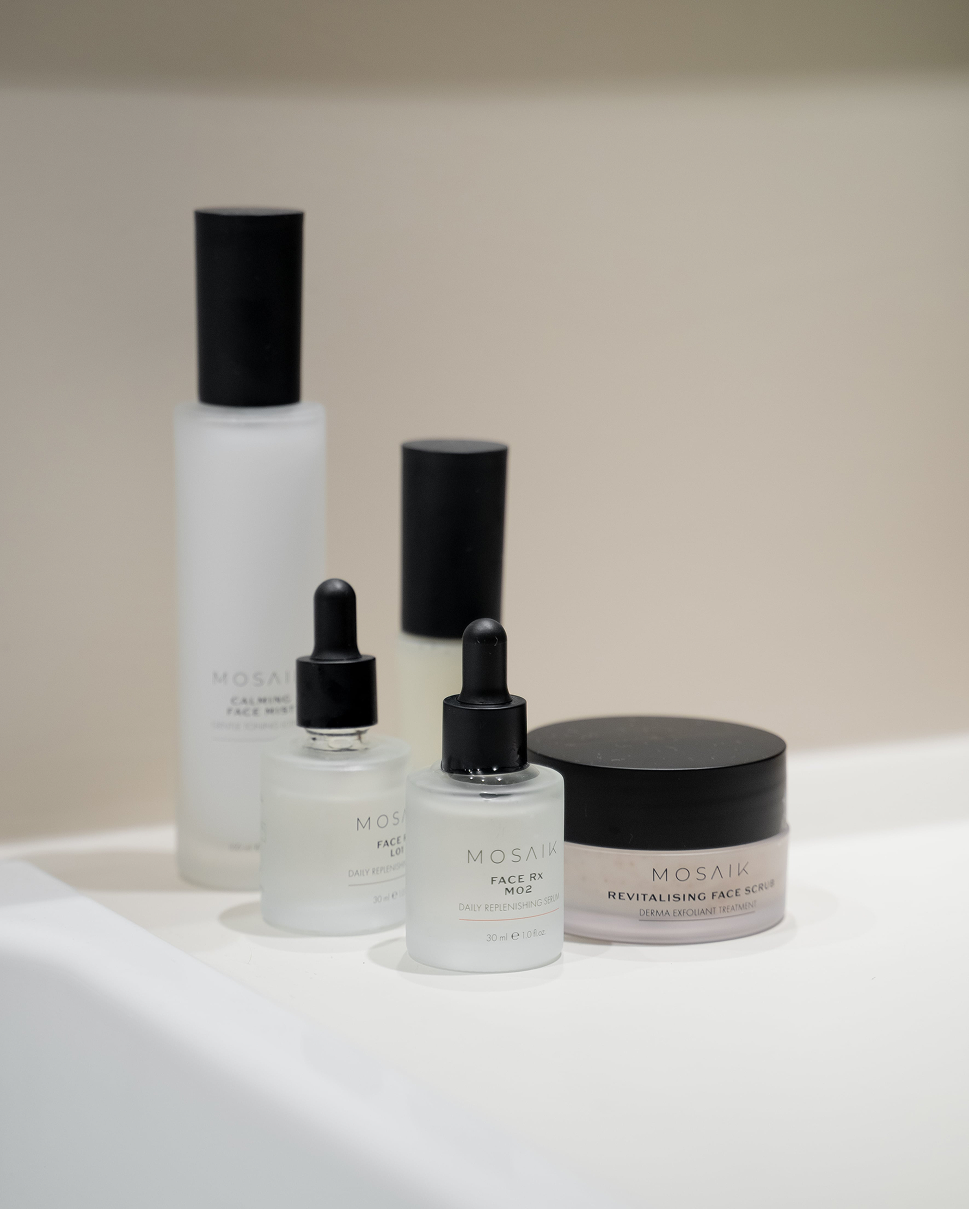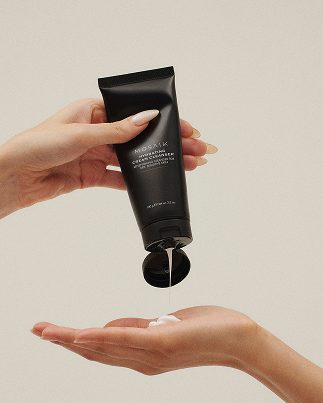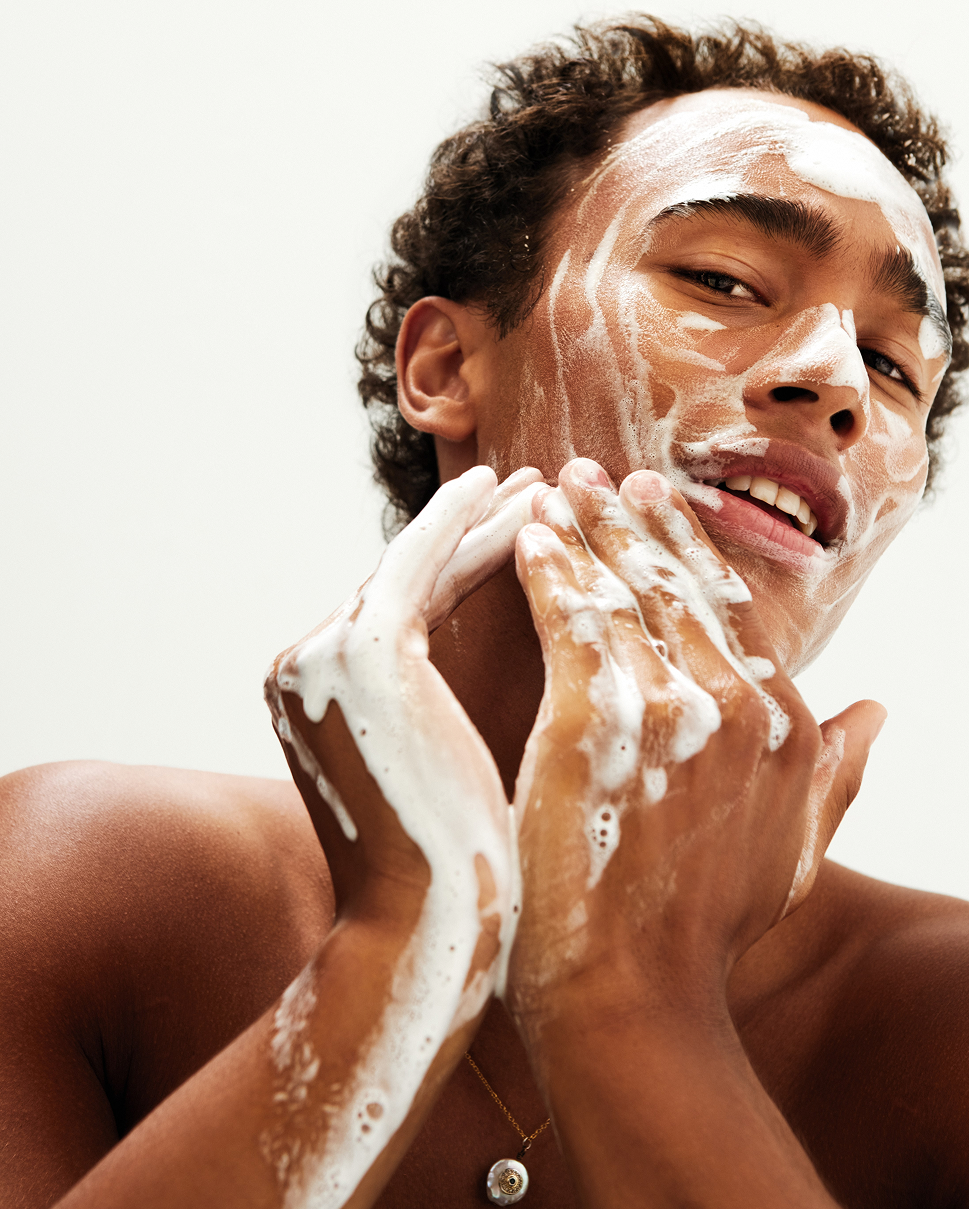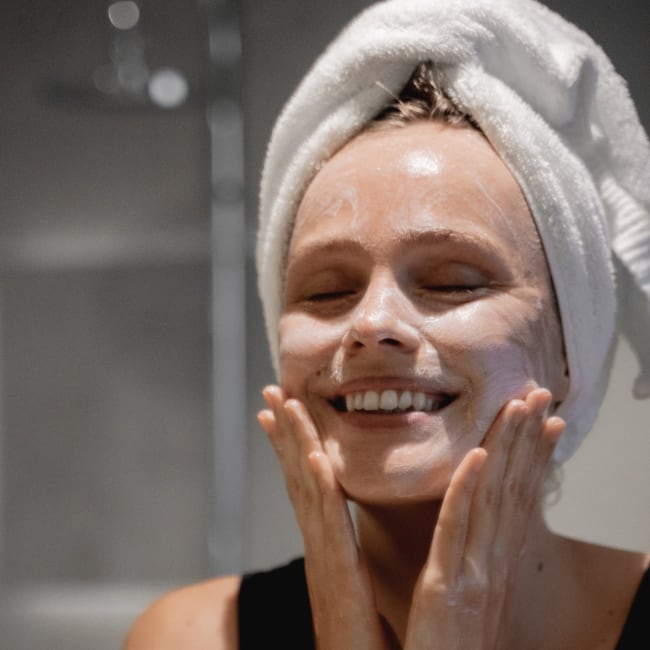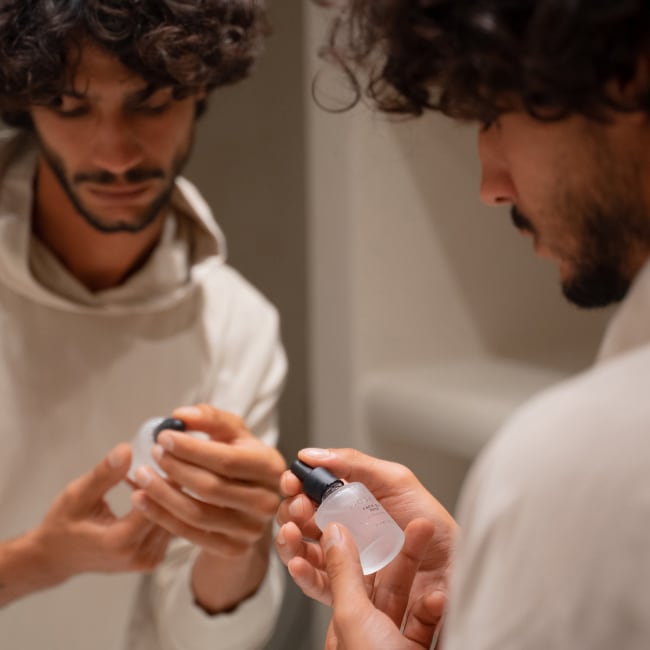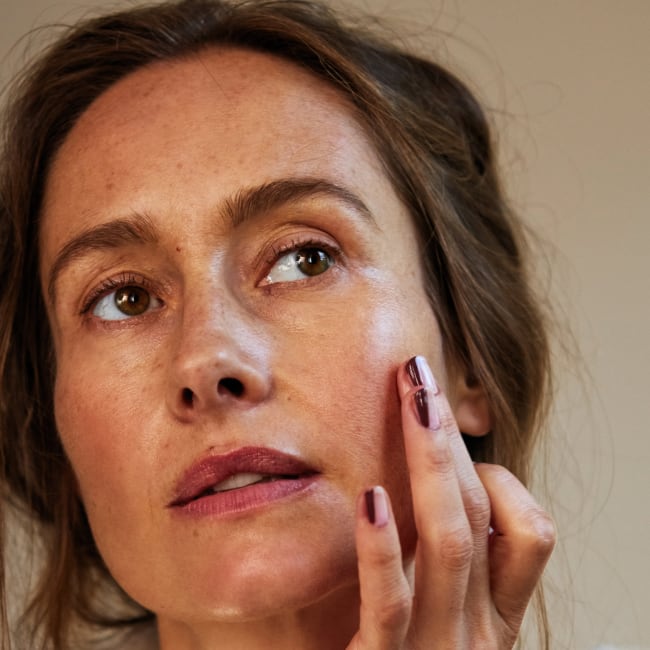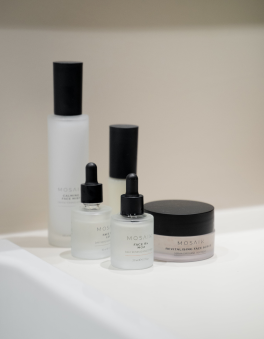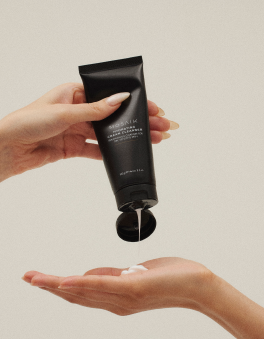The outermost layer - the epidermis - is constantly regenerating every 28 - 35
days. This regeneration is dependent on several factors: age, health, lifestyle, and of course genetics. Just as we are more impacted by injury, with less resilience and miss the ‘bounce back’ we had as children or adolescents; the healing process, (as well as overall skin regeneration) slows as we age. This is why a healthy lifestyle, adequate vitamins and minerals, sleep, and protection from harmful environmental factors are all so important.
When we understand our skin, we become more patient and realistic about the things we must do to maximise our skin health. This means taking the time every day on a skin regime that works for you. Always be sure to gently cleanse, moisturise and hydrate and when it comes to resolving skin problems or concerns, be patient. Clear and healthy skin is achievable and you will get there!
Skin & the Ageing Process
What Are the Skin’s Proteins?
Collagen
Collagen is the most plentiful protein in the skin, making up 75-80% of your skin. Collagen and elastin are responsible for warding off wrinkles and fine lines. Over time, the environment and ageing reduce your body’s ability to produce collagen.
Elastin
Think elastic. Elastin is found with collagen in the dermis. It’s another protein, responsible for giving structure to your skin and organs. As with collagen, elastin is
affected by time and the elements. Lower levels of this protein cause your skin to wrinkle and sag.
Keratin
Keratin is the main protein in your skin, and makes up hair, nails, and the surface layer of the skin. Keratin is what forms the rigidity of your skin and helps with
the barrier protection that your skin offers.
